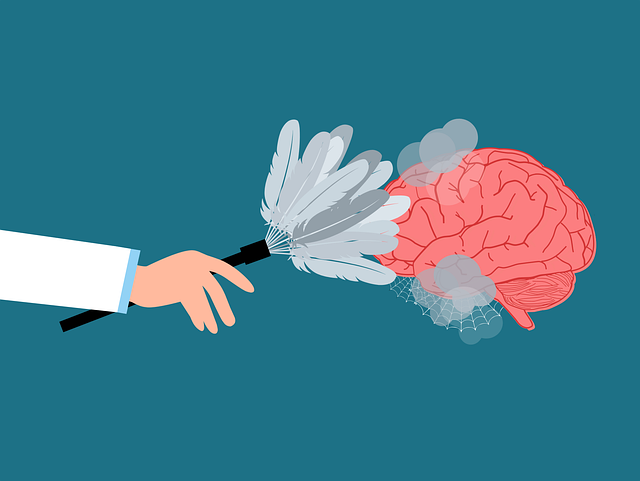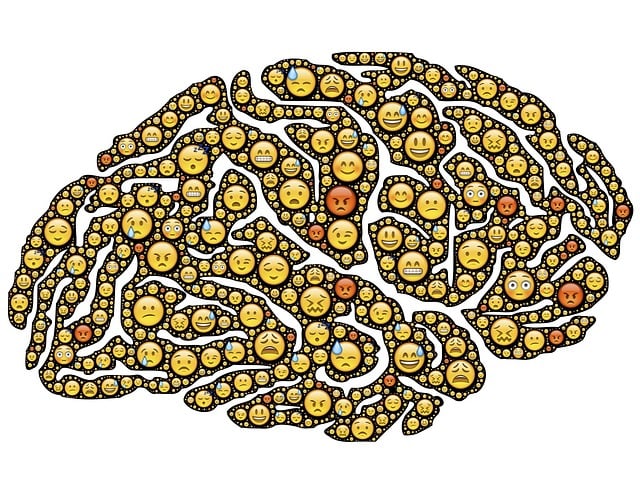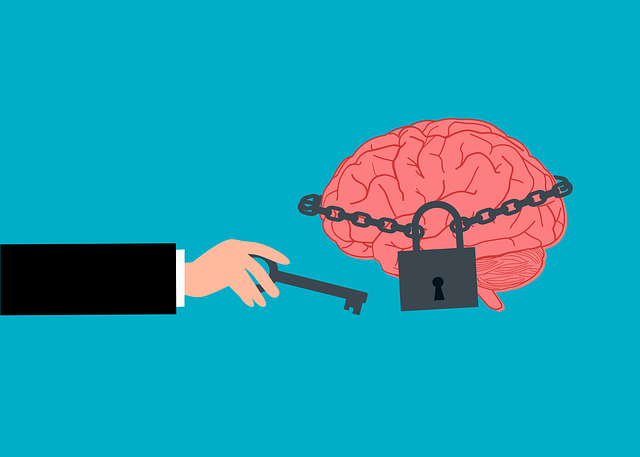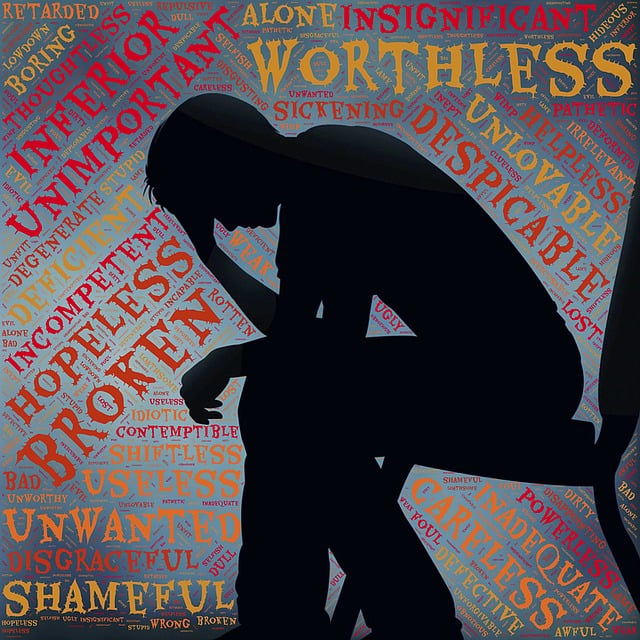Mental health advocacy for young children, especially those with bipolar disorder, is critical but often overlooked. It involves creating awareness, breaking stigma, and providing emotional support through early intervention. Targeted therapy educates both children and their families about the condition, empowering them to recognize warning signs and implement self-care practices. This holistic approach, focused on destigmatizing conversations and promoting open discussions, fosters a supportive environment where young individuals feel comfortable seeking help. Collaboration among mental health professionals, educators, and community leaders ensures accessible therapy options, self-care practices, and robust support systems for vulnerable populations suffering from bipolar disorder.
Mental health advocacy initiatives play a pivotal role in shaping the well-being of our youngest individuals. This article delves into the critical aspects of promoting mental health awareness, with a specific focus on bipolar disorder in young children. We explore the profound impact of early intervention and present effective strategies to enhance therapy access. By understanding these approaches, we can ensure that young minds receive the necessary support, fostering healthier development and improved outcomes for those facing bipolar disorder. Key keywords: therapy for young children bipolar disorder.
- Understanding Mental Health Advocacy for Young Children
- The Impact of Early Intervention in Bipolar Disorder
- Effective Strategies for Promoting Therapy Access and Awareness
Understanding Mental Health Advocacy for Young Children

Mental health advocacy for young children is a critical aspect often overlooked but with profound implications. It involves creating awareness, breaking down stigma, and ensuring that young minds receive the necessary support for their emotional well-being. Early intervention plays a pivotal role in managing conditions such as bipolar disorder, anxiety, and fostering self-awareness exercises among children. This proactive approach leverages therapy for young children to teach them mind over matter principles, enabling them to develop resilience and cope with mental health challenges effectively.
Advocacy initiatives should focus on educating parents, caregivers, and teachers about the signs of mental distress in children. By integrating self-awareness practices into school curricula, we can empower kids to recognize and express their emotions healthily. This holistic approach not only offers anxiety relief but also paves the way for a more compassionate and supportive environment where young individuals feel comfortable seeking help when needed.
The Impact of Early Intervention in Bipolar Disorder

Early intervention plays a pivotal role in managing and mitigating the effects of bipolar disorder, particularly when targeted at young children. The brain’s remarkable plasticity during childhood makes it a crucial period for therapeutic interventions. Therapy for young children with bipolar disorder often focuses on educating both the child and their family about the condition, helping them recognize early warning signs, and implementing effective self-care practices. This proactive approach can significantly reduce the severity of symptoms, improve overall mental health outcomes, and foster resilience in navigating mood episodes.
Empathy building strategies within these interventions are vital to fostering understanding and reducing stigma. By teaching young individuals about bipolar disorder and encouraging open conversations, we can promote cultural sensitivity in mental healthcare practice. This inclusive approach ensures that children and their families feel supported and respected, which is essential for successfully managing a chronic mental health condition like bipolar disorder.
Effective Strategies for Promoting Therapy Access and Awareness

Mental health advocacy initiatives play a crucial role in promoting therapy access and awareness, especially for vulnerable populations such as young children suffering from bipolar disorder. One effective strategy is to destigmatize mental health discussions by integrating open conversations into schools, homes, and community settings. Educating children and their caregivers about the importance of early intervention can foster a culture where seeking therapy is seen as proactive rather than reactive.
Additionally, advocating for accessible therapy options includes championing self-care practices and coping skills development tailored to young minds. By incorporating resilience-building activities into daily routines, families can empower children to manage symptoms effectively. Collaboration between mental health professionals, educators, and community leaders is vital to ensuring that resources are readily available and that support systems are in place for those who need them most.
Mental health advocacy plays a pivotal role in ensuring young children with bipolar disorder receive the therapy they need. By raising awareness, implementing early intervention strategies, and promoting accessible treatment options, we can significantly improve outcomes for these vulnerable individuals. Through collective efforts, we can create a more supportive environment, enabling young minds to thrive and leading to a brighter future for those affected by bipolar disorder.














